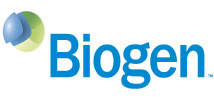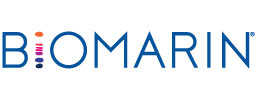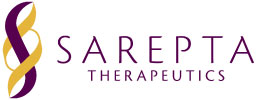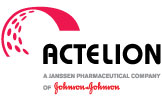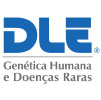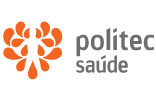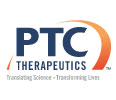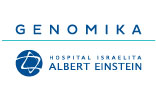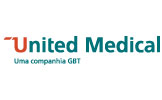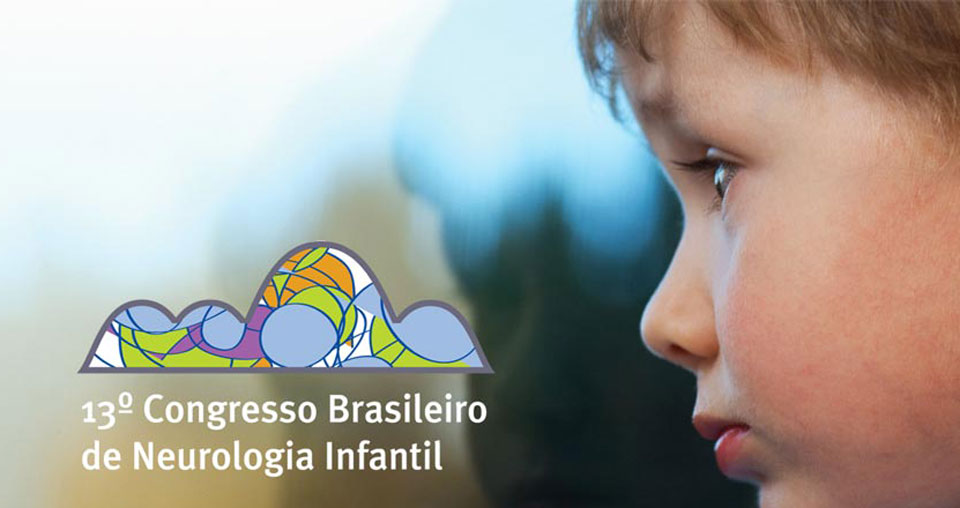
Hotel Mercure BH Lourdes
Belo Horizonte-MG
CONVIDADOS INTERNACIONAIS
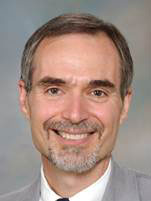
Marc C. Patterson
Marc Patterson was born and educated in Australia, and trained in neurology, child neurology and neurometabolic disease at the University of Queensland, at Mayo Clinic, and at NINDS/NIH, the last mentioned under the guidance of Roscoe Brady, MD. He is currently Professor of Neurology, Pediatrics and Medical Genetics. He was Director of the Child Neurology Training program at Mayo 2008-2016), and Chair of the Division of Child and Adolescent Neurology (2008-2017); he had previously served as Professor and Director of Pediatric Neurology at Columbia University in New York (2001-2007). He has served as a member of the Neurology topic advisory group for revision of the ICD-10 of the World Health Organization, the Committee on Adverse Effects of Vaccines for the Institute of Medicine, and leads the Education Core of the NIH-funded Lysosomal Disease Network.
His research and practice has focused on rare diseases in children, including multiple sclerosis and neurometabolic disorders in general, with special interests in Niemann-Pick disease, type C, other lysosomal diseases (including glycoproteinoses), mitochondrial cytopathies and congenital disorders of glycosylation, areas in which he has published more than 200 peer-reviewed papers and book chapters. He has presented widely through the United States and internationally, both to professional and lay organizations. Dr Patterson has received funding support from NIH, industry and private foundations.
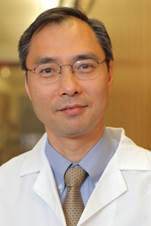
Michio Hirano
Dr. Hirano received his B.A. from Harvard College and M.D. from the Albert Einstein College of Medicine. At the Columbia University Medical Center (CUMC), he did his neurology residency training and a post-doctoral fellowship in neuromuscular genetics under Drs. Salvatore DiMauro and Eric Schon.
Currently, Dr. Hirano serves as Chief of the Neuromuscular Division, Co-Director of the CUMC Muscular Dystrophy Association clinic, and Director of the H. Houston Merritt Center for Muscular Dystrophy and Related Diseases. He evaluated patients with myopathies and other neuromuscular disorders.
Dr. Hirano's research focuses on mitochondrial diseases and genetic myopathies. He is participating in the clinical trial of idebenone for MELAS patients. Together with Co-Principal Investigators, Drs. Salvatore DiMauro and J.L.P (Seamus) Thompson, Dr. Hirano is co-directing the North American Mitochondrial Disease Consortium (NAMDC).
Dr. Hirano serves on the NIH Therapeutic Approaches to Genetic Diseases (TAG) study section, Medical Advisory Committee (MAC) of the Muscular Dystrophy Association, and Scientific Advisory Board of the United Mitochondrial Disease Foundation.
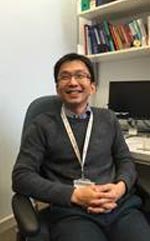
Ming Lim
Dr. Ming Lim undertook his undergraduate medical training at the University Nottingham, UK. Following completing his paediatric neurology training in South London, he began his doctoral research in the Institute of Psychiatry, Psychology and Neuroscience (London) with the award of a Royal College of Paediatrics and Child Health Fellowship. He was appointed as Consultant Paediatric Neurologist at the Evelina London Children’s Hospital; and recently promoted to a Reader in Paediatric Neurology within Faculty of Life Sciences & Medicine, King’s College London.
He has a major interest in childhood inflammatory disorders and runs the nationally commissioned highly specialist paediatric brain and spine inflammation service. He works collaboratively with the Oxford Clinical Neurosciences Group on numerous studies to define childhood central nervous system autoimmune disorders. He is well published and is an authority in the field of childhood CNS autoimmunity. In addition, he also has a research interest in the inflammatory mechanisms in childhood onset neurodegenerative disorders; and works on projects to evaluate the beneficial role of treating inflammation in childhood neurodegeneration.
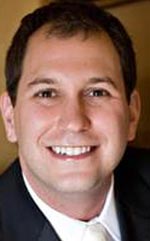
Nicholas Abend
Dr. Nicholas Abend is an Associate Professor of Neurology and Pediatrics, the Medical Director of Clinical Neurophysiology, the Director of Neurology Strategy and Inpatient Operations, and an Associate Scholar in the Center for Epidemiology and Biostatistics at the University of Pennsylvania and the Children’s Hospital of Philadelphia. His clinical practice focuses on seizure management and EEG interpretation in critically ill children and intractable epilepsy management. His NIH-funded research focuses on the significance, pathophysiology, and appropriate management of electrographic seizures in critically ill children and neonates, the treatment of status epilepticus, and the utility of EEG as a prognostic biomarker in children and neonates with acute encephalopathy. He has served as Chair and Secretary of the 35-site Critical Care EEG Monitoring Research Consortium, is a member of the American Clinical Neurophysiology Society’s Council, and is a Fellow of the American Epilepsy Society and American Clinical Neurophysiology Society.
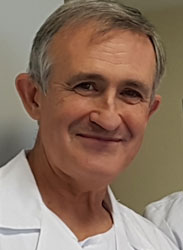
Samuel Ignacio Pascual Pascual
Doctor Medicina y Cirugía, UAM (Universidad Autónoma de Madrid)
Especialista en Neurología
Especialista en Pediatría
Profesor Titular Universidad Autónoma de Madrid. Departamento de Pediatría
Jefe de Sección, Servicio de Neurología Pediátrica de Madrid.
Más de 200 trabajos publicados en revistas indexadas. H index 20
Autor de Capítulos de 32 libros publicados
Director de 3 tesis doctorales concluidas, y otras 2 en marcha.
Investigador principal en 15 proyectos de investigación o ensayos clínicos y como coinvestigador en 8
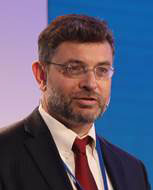
Stefan Kolb
Dr Stefan Kolb, MD, is a Senior Global Medical Director at Actelion-Janssen, Pharmaceuticals Ltd, Allschwil, Switzerland, responsible for global medical affairs activities for neurometabolic ultraorphan lysosomal diseases, in particular Niemann-Pick type C. A main focus of his assignment is put on early patient detection programme through development of innovative diagnostic tools, differential diagnostic algorithms, development of disease specific biomarkers, as well as through driving basic and clinical research projects and publications.
Dr Kolb graduated in medicine and completed a post-graduate course in experimental medicine at the University of Zurich, and also holds a Swiss degree in pharmaceutical medicine. After graduation, he started his professional career as medical assistant in the anatomical department (University Zurich). During this time, he completed a medical thesis in the field of immunology. The following years, he spent as Research Assistant in the Department of Clinical Immunology at the Division of Neuroimmunology and as Head of a Diagnostic Electron Microscopy Laboratory (University of Zurich). The later assignment included ultrastructural tissue analysis of rare metabolic diseases including lysosomal storage disorders.
Having worked in the pharmaceutical industry since 2001, he gained particular expertise in neurology, psychiatry and endocrine care, in particular on Alzheimer’s disease and schizophrenia. He is lead or co-author of numerous publications in the field of neuroimmunology, lysosomal storage diseases and more recently of diagnostic indices and algorithms.




